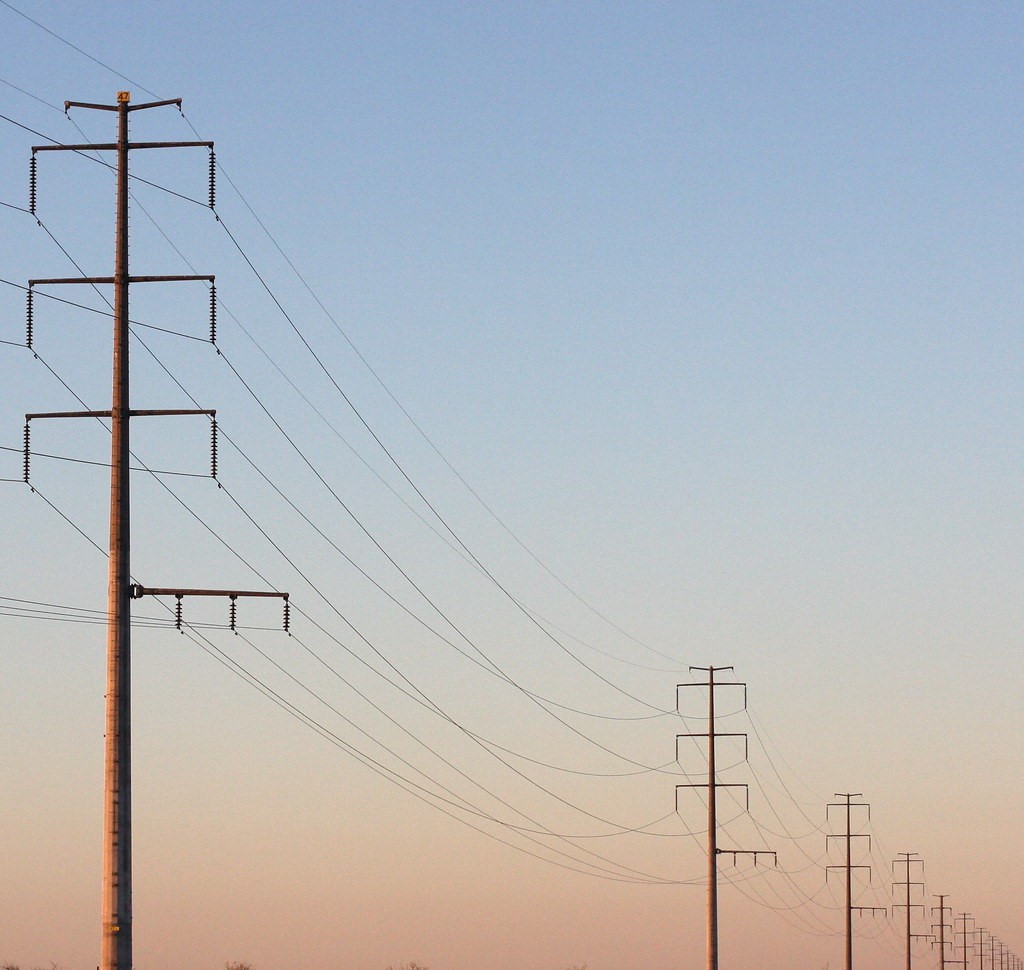분류 [Engineering/Technology] A new optimization model improves microgrid operation, enhancing energy efficiency and ensuring reliable power supply
- NO
- 400180
- Date
- 2025-01-17
- Modify Date
- 2025-01-17
- Writer
- 연구기획관리과 (032-835-9322~5)
- Count
- 24
Researchers from Incheon National University Propose Novel Approaches for Improved Microgrid Management
A new optimization model improves microgrid operation, enhancing energy efficiency and ensuring reliable power supply
Scientists at Incheon National University have developed a new optimization model to improve microgrid operation. This model adapts to unexpected changes in power supply and demand, ensuring stable and efficient energy systems. By addressing challenges like power outages and varying energy needs, this approach enhances the reliability and sustainability of microgrids, making it suitable for real-world use in areas with unstable power grids.

Image title: Optimizing energy use for reliable power supply with sustainable microgrids
Image caption: A microgrid system powered by renewable energy sources, optimized for efficiency and reliability, offers a stable power supply, ensuring energy security and supporting the transition to sustainable energy solutions
Image credit: "Rural electricity" by kevin dooley
Image source Link:https://openverse.org/image/b06e9664-c4b8-429b-8f80-3207c15ba7c5?q=energy+grids&p=10
License type: CC BY 2.0
Usage restrictions: Cannot be reused without permission
Microgrids are localized energy systems that provide stable power supply, especially in remote or disaster-prone areas. As the world transitions to renewable energy sources like solar and wind power, microgrids are becoming more essential. However, managing these systems is challenging due to the uncertainties in energy supply and demand, such as power outages or fluctuations in energy usage, and stochastic islanding — situations where parts of the power grid unexpectedly become isolated, disrupting the power supply.
To address these challenges, a team of researchers from Incheon National University, Korea, led by Assistant Professor Jongheon Lee, has developed a new optimization model to improve the operation of microgrids under uncertain conditions. These models not only boost the efficiency and reliability of microgrids but also offer scalable solutions for the real world. Their findings were made available online on August 2, 2024 and was published in Volume 374 of Applied Energy on November 15, 2024.
Traditional methods for optimizing microgrid operations, such as multistage models, are computationally expensive and impractical for real-world use. These models consider different scenarios over time, but the complexity increases exponentially, making their application difficult at a large scale. The researchers have simplified these models while maintaining their effectiveness, by reducing the number of possible scenarios and introducing a process called replanning, where the optimization model adapts over time as new information emerges. This new approach significantly reduced the computational burden, enabling them to be more efficient in real-world settings.
"Our goal was to create a method that makes microgrid operation more adaptable and cost-effective, especially in regions with unreliable grids or frequent disruptions," says Dr. Lee. "By simplifying the models and using replanning, we can achieve effective operation plan without the heavy computational cost."
Microgrids act as essential backup energy source in remote and rural areas where stable grid access is unreliable, ensuring continuous power during outages or natural disasters. With the new models, these microgrids can operate more efficiently, minimizing energy waste and overproduction. Dr. Lee explains, "As renewable energy sources like solar and wind are often unpredictable, balancing these fluctuations is crucial. Our models help manage these uncertainties, ensuring a more stable energy supply.”
Additionally, these solutions are beneficial to cities as well, where the energy demand is rising, and grids are under strain. Scalable optimization models can improve the overall energy management. Adapting to changes in supply and demand in real time helps boost grid resilience, supporting the transition to sustainable energy. Moreover, these models are flexible, making them suitable for both small and large systems.
“These optimization methods will be vital for improving energy security, particularly in areas with unreliable power. They also support global sustainability goals by promoting renewable energy,” highlights Dr. Lee.
In conclusion, this study represents a step forward in creating smarter and more sustainable energy systems, ensuring stable and efficient power for communities around the world.
Reference
|
Authors: |
Jongheon Leea, Seulgi Joungb, and Kyungsik Leec |
|
Title of original paper: |
Scalable optimization approaches for microgrid operation under stochastic islanding and net load |
|
Journal: |
Applied Energy |
|
DOI: |
10.1016/j.apenergy.2024.124040 |
|
Affiliations: |
a Department of Industrial and Management Engineering, Incheon National University, Incheon, Republic of Korea b Department of Industrial Engineering, Ajou University, Suwon, Republic of Korea c Department of Industrial Engineering, Seoul National University, Seoul, Republic of Korea |
*Corresponding author’s email: optima@snu.ac.kr
About Incheon National University
Incheon National University (INU) is a comprehensive, student-focused university. It was founded in 1979 and given university status in 1988. One of the largest universities in South Korea, it houses nearly 14,000 students and 500 faculty members. In 2010, INU merged with Incheon City College to expand capacity and open more curricula. With its commitment to academic excellence and an unrelenting devotion to innovative research, INU offers its students real-world internship experiences. INU not only focuses on studying and learning but also strives to provide a supportive environment for students to follow their passion, grow, and, as their slogan says, be INspired.
Website: https://www.inu.ac.kr/sites/inuengl/index.do?epTicket=LOG
About Assistant Professor Jongheon Lee
Dr. Jongheon Lee is an Assistant Professor in the Department of Industrial and Management Engineering at Incheon National University, Republic of Korea. He received his B.S., M.S., and Ph.D. degrees in Industrial Engineering from Seoul National University, South Korea. His research focuses on integer-optimization modeling and algorithms, with applications in production and energy systems. Dr. Lee is dedicated to advancing optimization techniques to improve the efficiency and sustainability of energy systems, particularly in microgrid management.
- summary
- prof.
- Jongheon Lee
- Attachment
- There are no attachments.